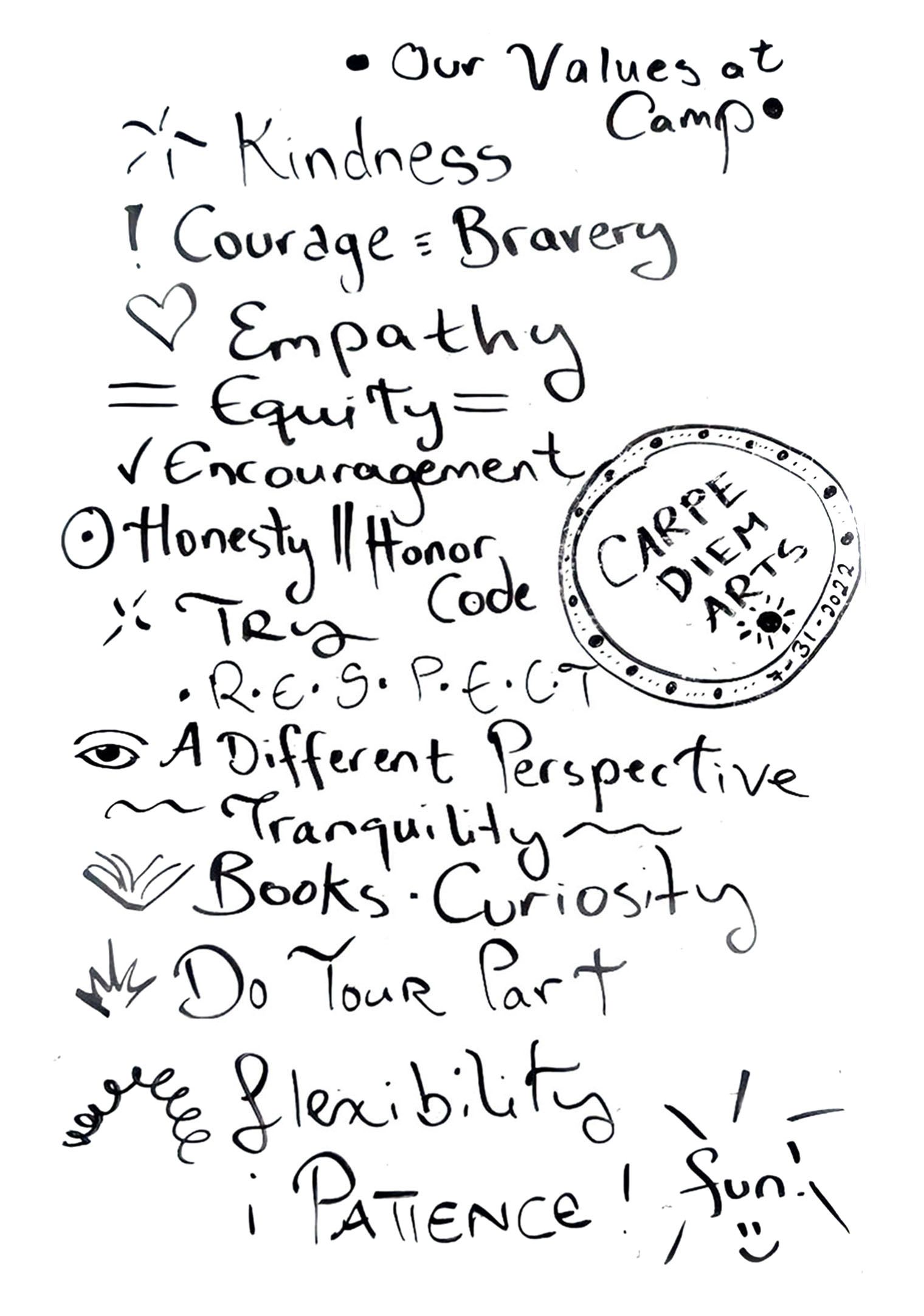024
Individual actions are everything.
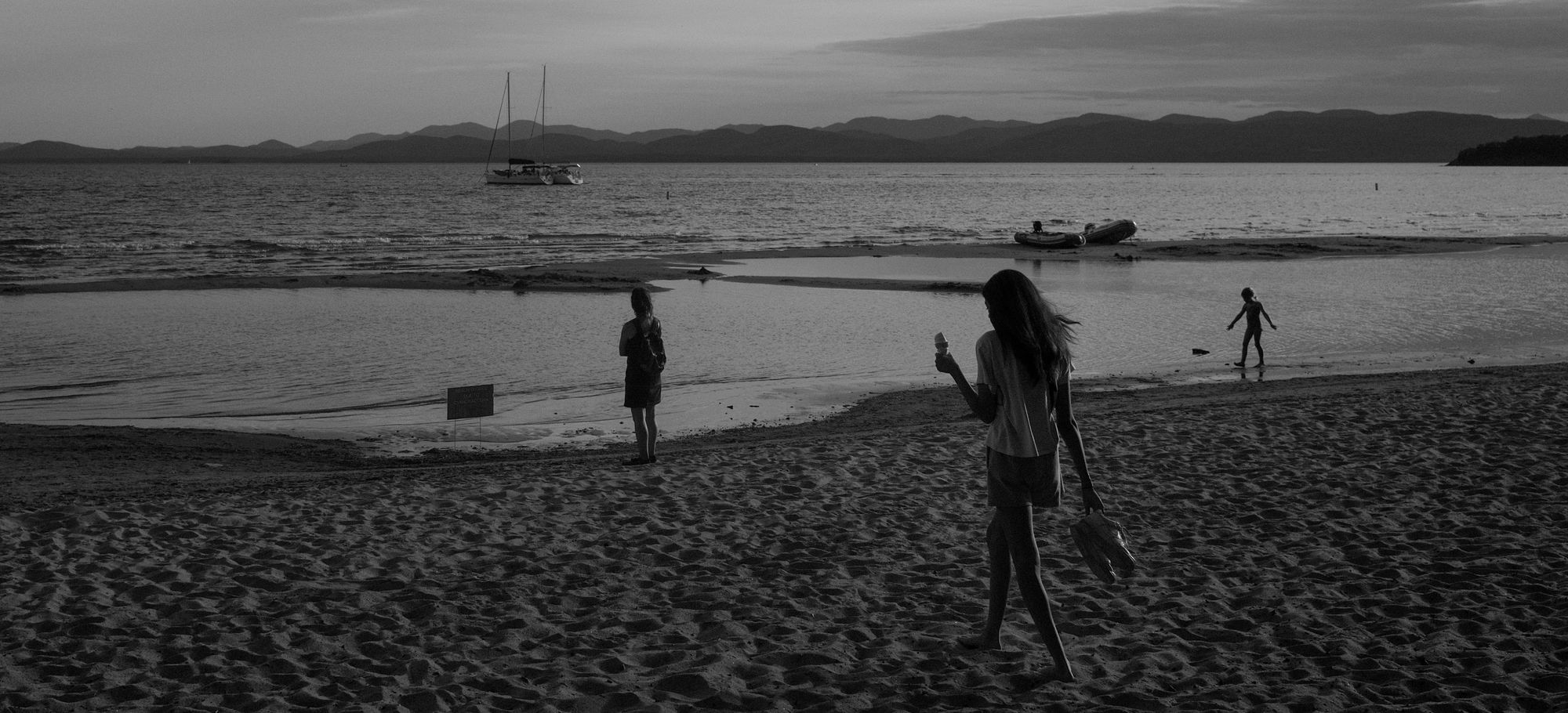
WEATHER REPORT
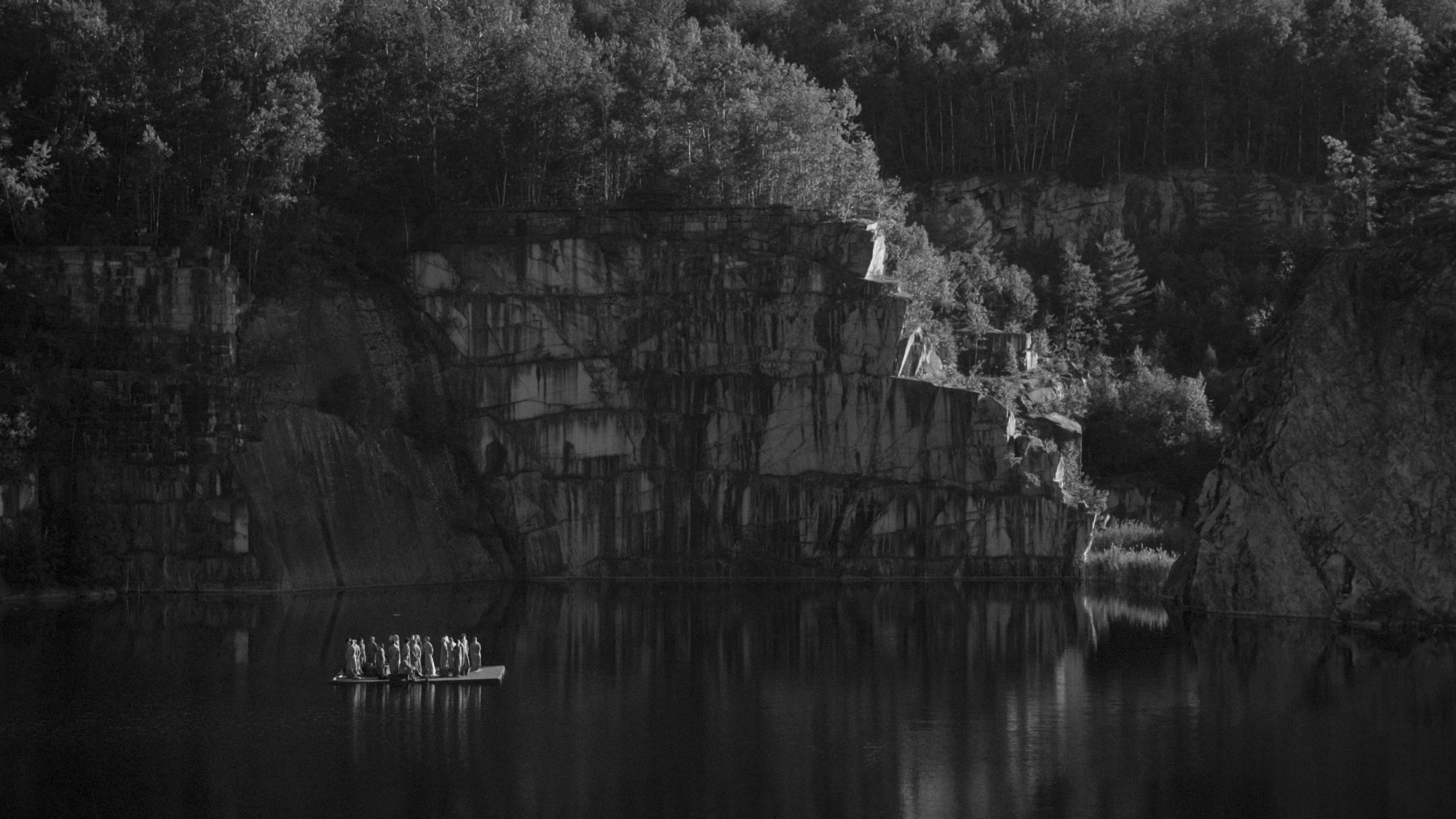
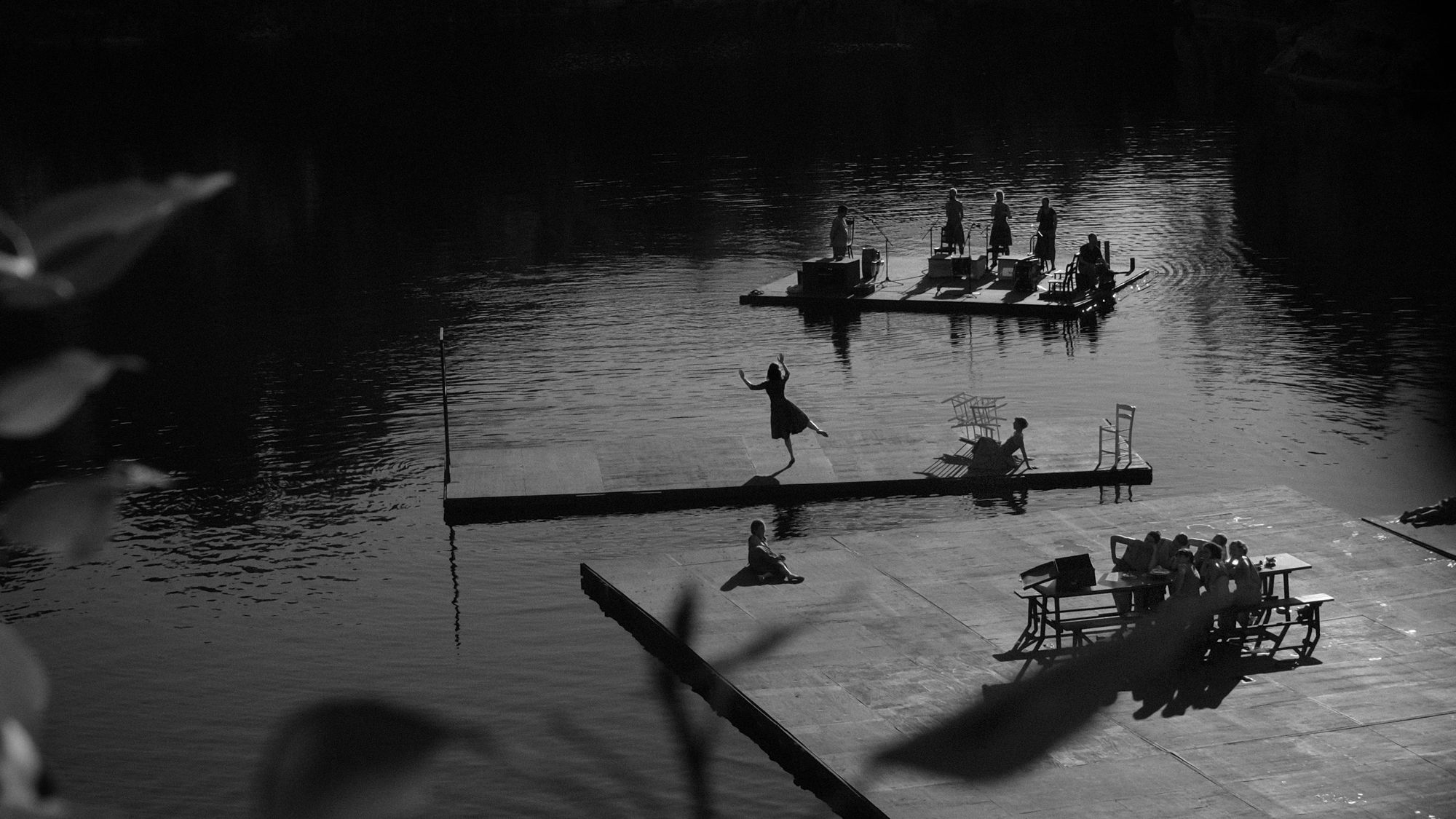
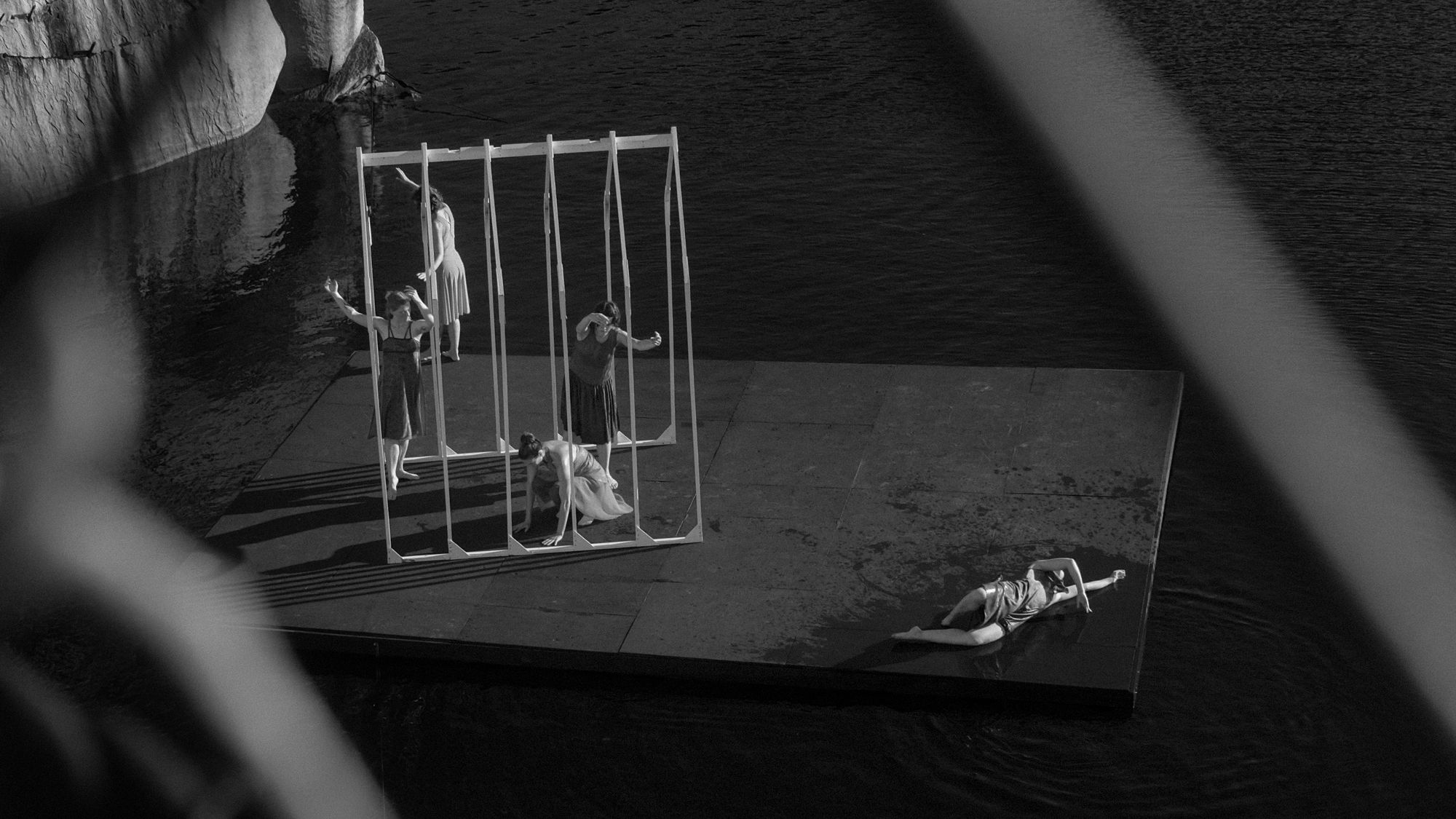
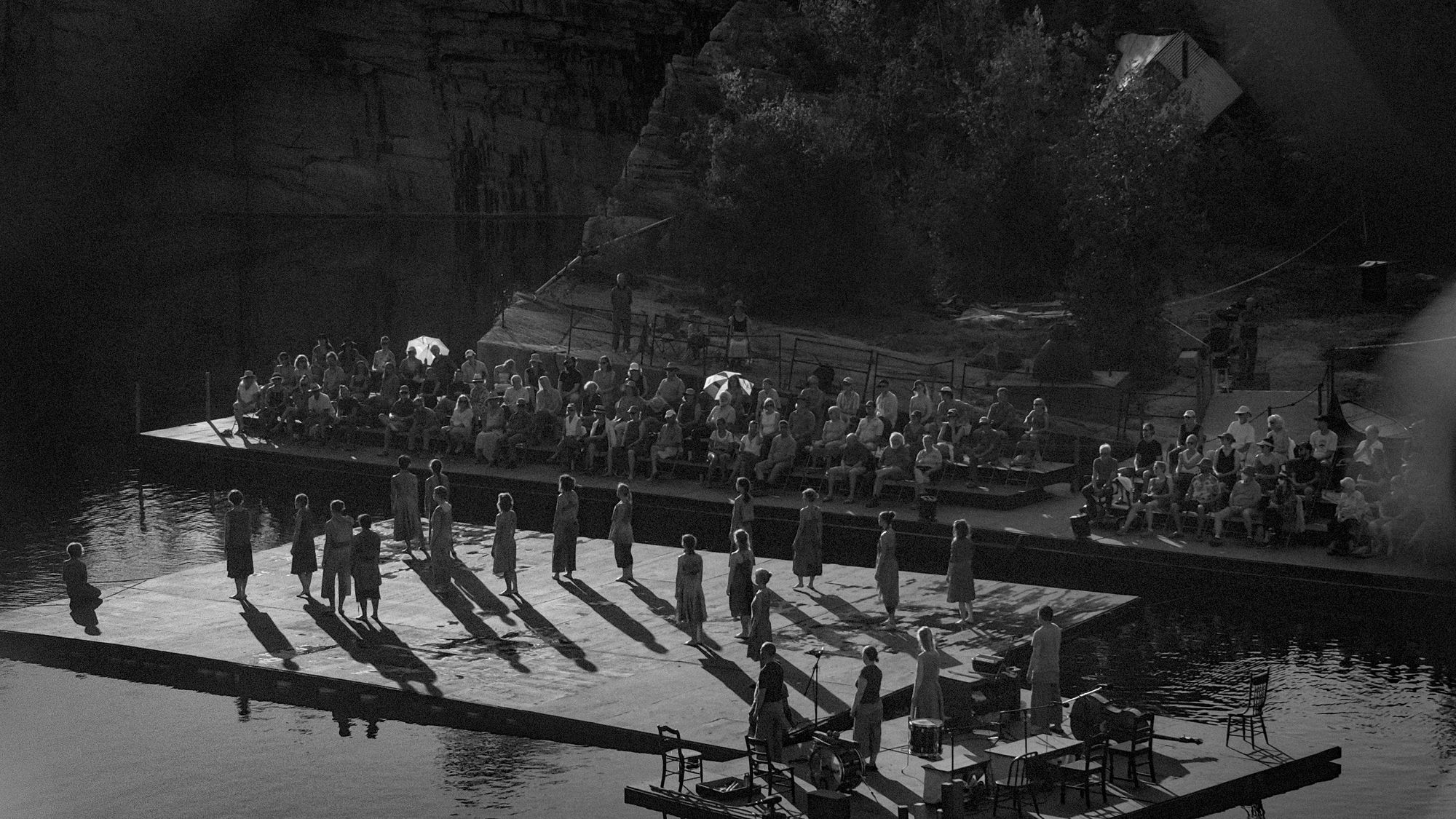
Wells Lamson Quarry, VT, USA - Bill Crandall
Our Vermont friends took us to see wonderful site-specific dance theater by @the_quarry_project. Tickets were limited (and sold out) so we watched from the free overlook area. Blazing hot afternoon.
FROM THE EDITOR
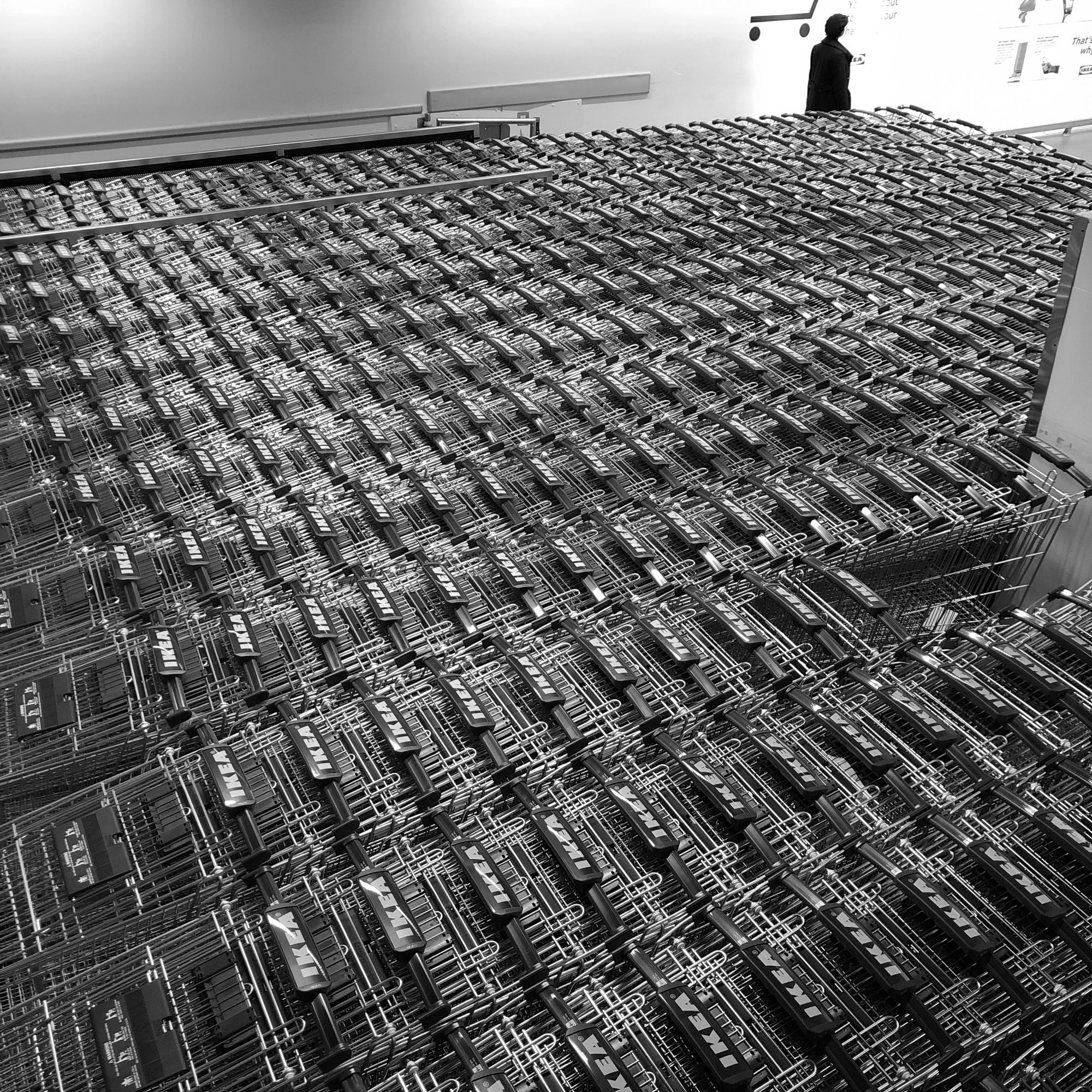
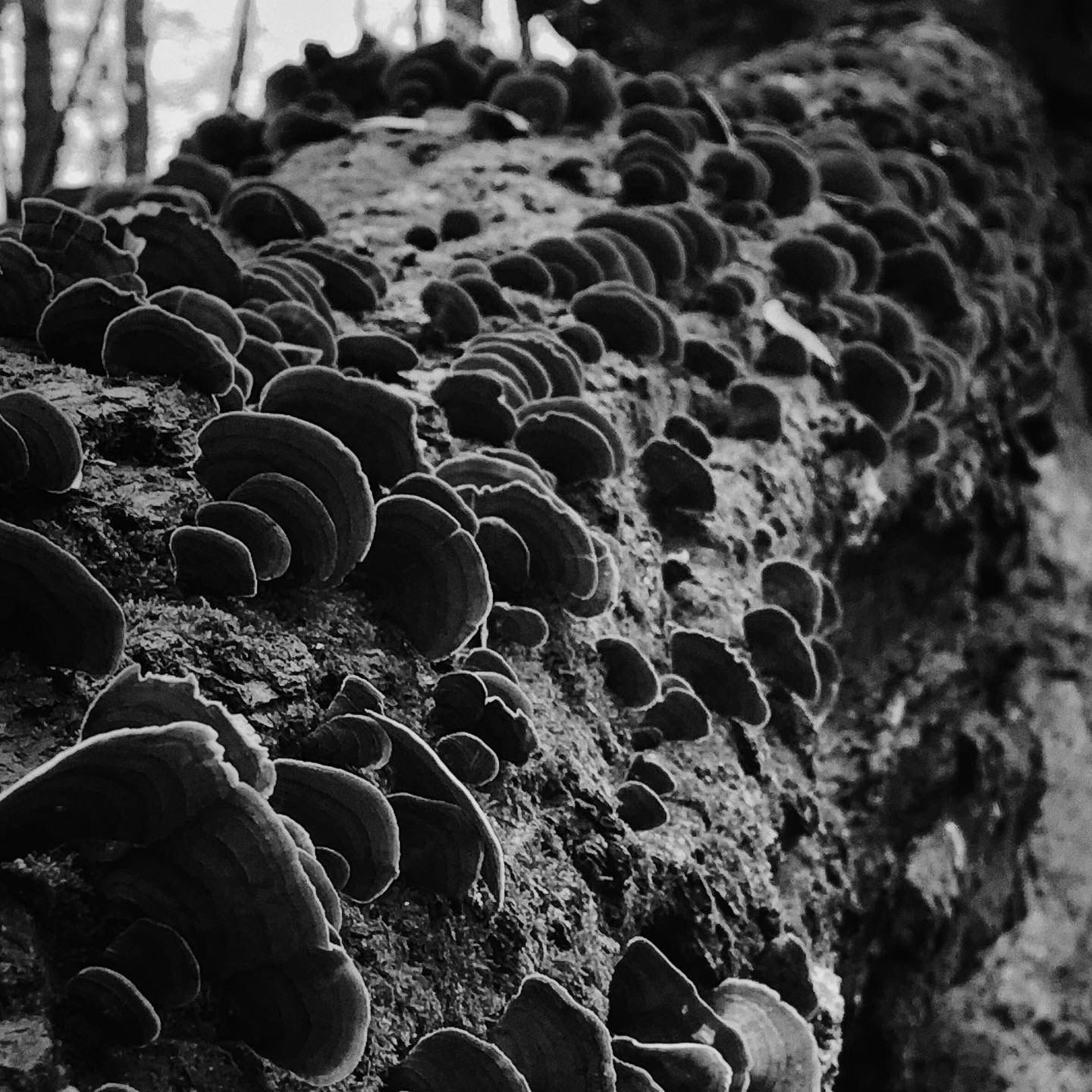
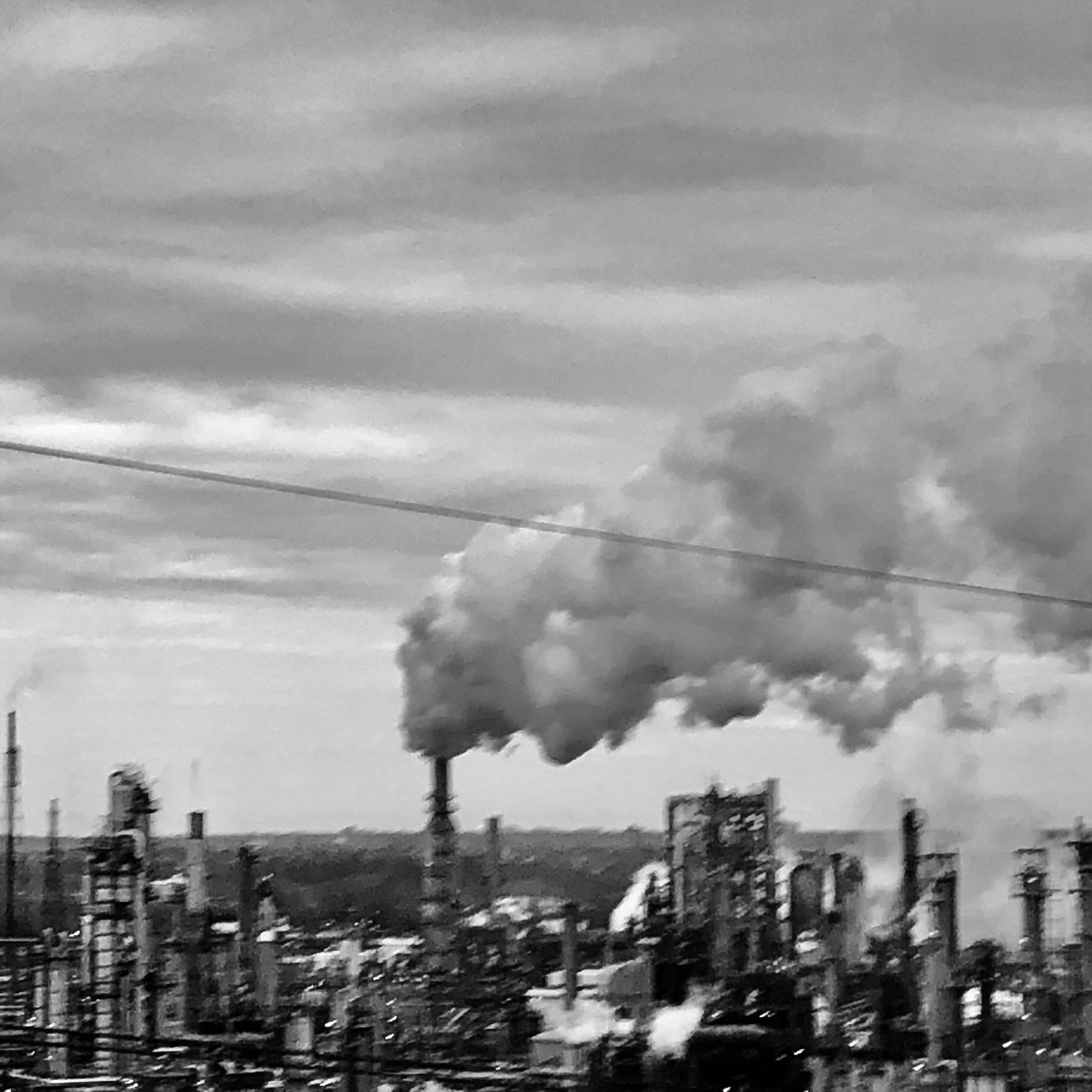
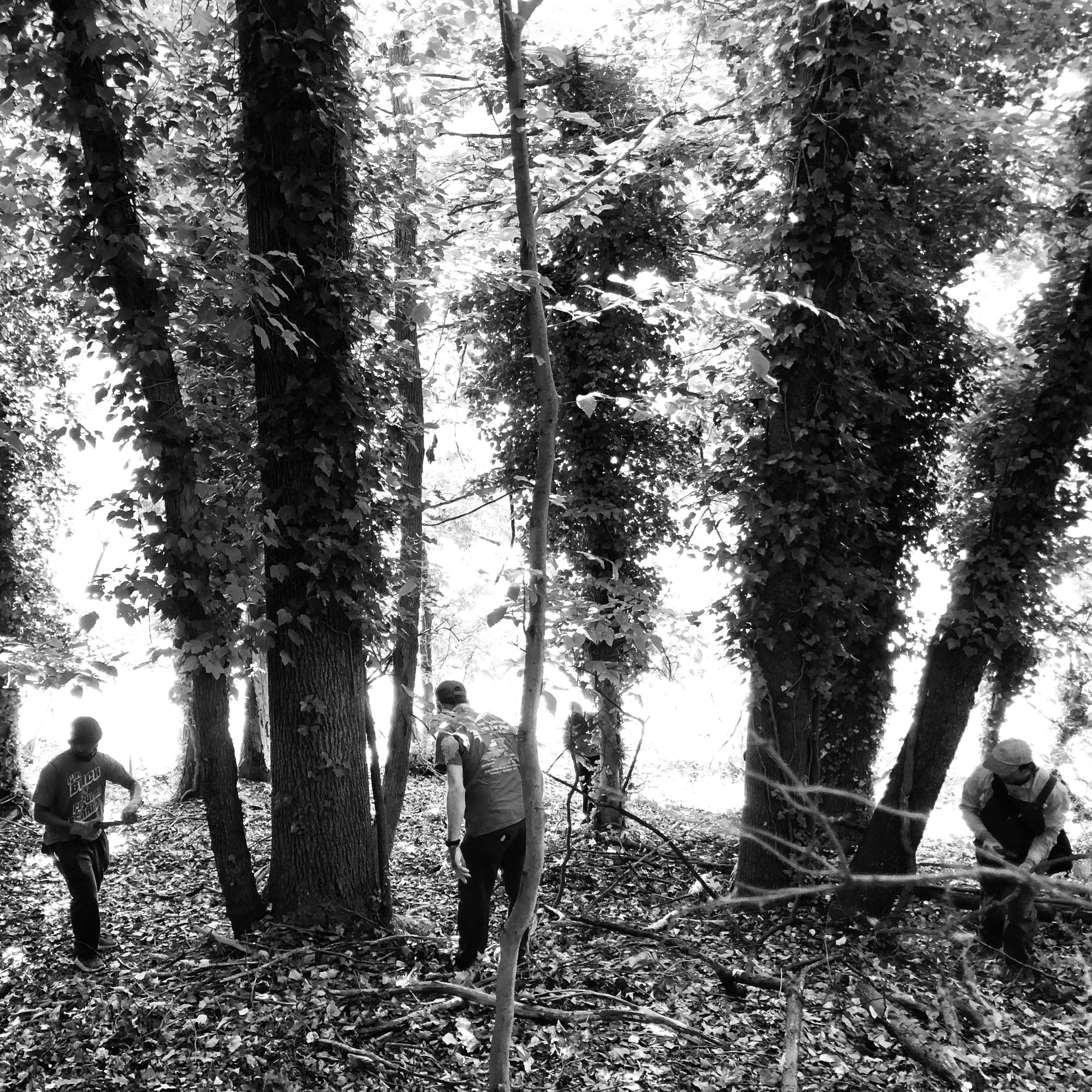
photos by Bill Crandall
Longer issue today than normal, wrapping up a long hot summer. Quick reminders: this newsletter looks best on a computer screen, and please share with anyone you think might be interested.
Viaduct is about what art and artists can do as part of our collective response to the climate crisis. But let's broaden that for a moment.
Now is the time to activate whatever ‘emergency mode’ means to you.
It appears to be worse than we thought, and accelerating. We see the news. I don’t need to give you the list of climate effects happening virtually everywhere. As top-down policies aren’t coming nearly fast enough, or going far enough.
Yet as we are urged to 'act', many sensible people wonder what exactly they are supposed to do. Write letters to politicians? Recycle more vigorously? Live in a cave?
Maybe you’ve heard individual actions are not enough. I’m here to tell you individual actions are everything.
We just need enough of them, and they don’t need to all be the same actions. I don't mean bringing a reusable cup to Starbucks (though that's nice too). By 'individual actions' I mean starting with a sense of personal responsibility and acting on that in the way(s) that you can. For different people that will mean different things, whether you're a CEO, a school administrator, an artist, a suburban parent, a politician, a teenager, a shopowner, a pastor, etc.
No one needs to do everything. Everyone needs to do something. Everything counts.
Whatever you are able to do, please start doing it. We all have a responsibility. This is not a job for other suckers so you or I can continue to live our lives as normal.
Perhaps our biggest challenge is not deniers. In a way, we are all deniers.
At least no better than deniers if we won’t act. What if the biggest obstacle is the number of worried, well-meaning people who aren’t really ready to change to protect our habitat for ourselves and our children?
That means you, and me. It starts with each of us. Governments and business will follow.
Imagine if a majority of people committed to at least some kind of serious climate action, how that would create a new mindset. To the point where acting - building our lives differently - for our common future becomes a social norm. This can happen relatively quickly, in a few years is not impossible.
The changes required of us don’t have to be unpleasant.
Quite the opposite, this can be tremendously freeing, inspiring, and energizing. A lot of people are currently miserable. Part of what is demoralizing is holding on to what we know is killing us, like smokers who can’t kick the habit and hate themselves for it.
We are now fighting for our kids’ lives, and our own. If you don’t quite feel that in your gut yet, you will soon.
Again, the problem seems to be that people don't know what to do exactly. At this point the requirement is actually quite basic: more people doing more action, any action, immediately, that would hopefully build into a groundswell. Paradigm shifts in our culture and mindsets are needed as much or more than any technological solution.
Below is not another climate to-do list. This is a broad outline of some principles for taking action and going forward in a more positive way. Incorporate these ideas as you want. The important thing is the commitment to actual change in our own lives. Concern and despair won’t help any more than the old 'thoughts and prayers'.
Do what you can as an artist
Examine and evaluate your own work and practice. What is the impact of your work on the common good? What does relevance look like for you?
- Recommit to bringing your best self to your ideas.
- Reflect and explore how art might create cultural shift by coming at the problem in non-preachy ways. Let journalism and science bring the facts and solutions. Art needs to offer new dreams, narratives, and ideas that help us believe in (and be ready for) the future.
- Connect with and support other artists doing the same.
Do what you can as a person
Stand up > stand out. Take personal responsibility. Set a positive example.
- Make protecting nature a guiding principle. Even in your yard if you have one.
- Don’t get stuck in false arguments over individual actions vs top-down policy. We need all of it. Either one can drive the other.
- Up your human game: rediscover empathy, civility, selflessness, spirituality.
Create impact beyond yourself
Create community. You will need it for climate resilience and adaptation anyway.
- Talk to friends/family.
- Leverage your platforms.
- Start a group - any size group magnifies individual impact.
Don’t try to do everything
Make at least a few substantial changes. Or one. Do something.
- Choose changes you can sustain over time. Start with what you do everyday.
- Feel free to be imperfect.
- Don’t get overwhelmed, do your part the best you can, and don’t worry about others.
- Without being annoying or lecturing, talk about it, let it be known what you’re doing. Spread peer pressure.
Don’t depend on an outcome
There is no guarantee that any of this will work in our lifetime.
- We might not know if it’s working, but that doesn’t mean it’s not working.
- Make changes that are worth it because they enrich and inspire you. Make it fun and cool, part of what you consider 'right living', not a chore.
- We are all - metaphorically and literally - old people planting trees so the next generation can have shade.
The only thing that can save us - is us. We are in a moment that requires an urgent shift in how we live, and in our relationship with the planet and each other. So let’s get to it.
FUTURE MUSIC
Afrofuturism - Black to the Future
If you get an hour, this is the best thing - an incredible, inspiring listen. I stumbled on it on Takoma Radio in the car recently, but I was out of range and it was cutting in and out with a Christian broadcast. So later I tracked it down to the source online.
Afrofuturism is a cultural aesthetic that explores the intersection of African culture with science fiction, technology and the future, fusing magical realism with the beauty of Africa, beyond the clichés.
Afrofuturism was a child of music, born in the ‘60’s in the boundless mind of Sun Ra, and it still shines in today’s music of American artists such as Janelle Monae. Nowadays, Afrofuturism is flourishing in Europe and in Africa, constantly revitalized by artists who offer new perspectives to expand our idea of Africa. In this episode, we explore this boundless inner space and George Collinet is trans-connected to a futuristic nebula through a patchwork of stories, soundscapes, and various avant-garde music productions from the cosmos and elsewhere. The episode includes interviews with Ibaaku, Blick Bassy, Ikoqwe, Djely Tapa, Shabaka, Mélissa Laveaux, Afrotronix, plus Angélique Kidjo & Yemi Alade.
Try to tell me you don't want all that.
-
Brian Eno Returns With ‘ForeverAndEverNoMore’, His First Vocal Album Since 2005
Rolling Stone | July 28, 2022
"Like everybody else – except, apparently, most of the governments of the world – I’ve been thinking about our narrowing, precarious future, and this music grew out of those thoughts. Perhaps it’s more accurate to say I’ve been feeling about it…and the music grew out of the feelings. Those of us who share those feelings are aware that the world is changing at a super-rapid rate, and that large parts of it are disappearing forever."

ROUNDUP
Humanity can’t equivocate any longer. This is a climate emergency
The Guardian | July 28, 2022
“We can choose to live differently and build wiser and more just ways to produce, consume and travel. Our hope lies in our collective actions. A climate emergency means that it’s time for business as usual to halt, for our priorities to shift and to recognize our responsibility to those on the frontlines of the climate crisis. This emergency, which did not begin suddenly and will not end in our lifetimes, nevertheless needs our urgent response.
This means doing all we can to stabilize the health of the planet and speed the transition away from fossil fuels. Now. Between the scientists and engineers, philosophers and poets, Indigenous leaders, climate activists and engaged youth, we know what to do and how to do it. We have a multiplicity of tools, we have a kaleidoscopic vision where each of us can offer up the gifts that are ours, and most importantly, we have the spiritual will to change the course of our destiny on fire.”
How to Calm Your Climate Anxiety
New York Times | July 23, 2022
"Action is the antidote to anxiety. [T]he goal is to do things, small or large, that mean something to you, and reflect the internal shift in your outlook."
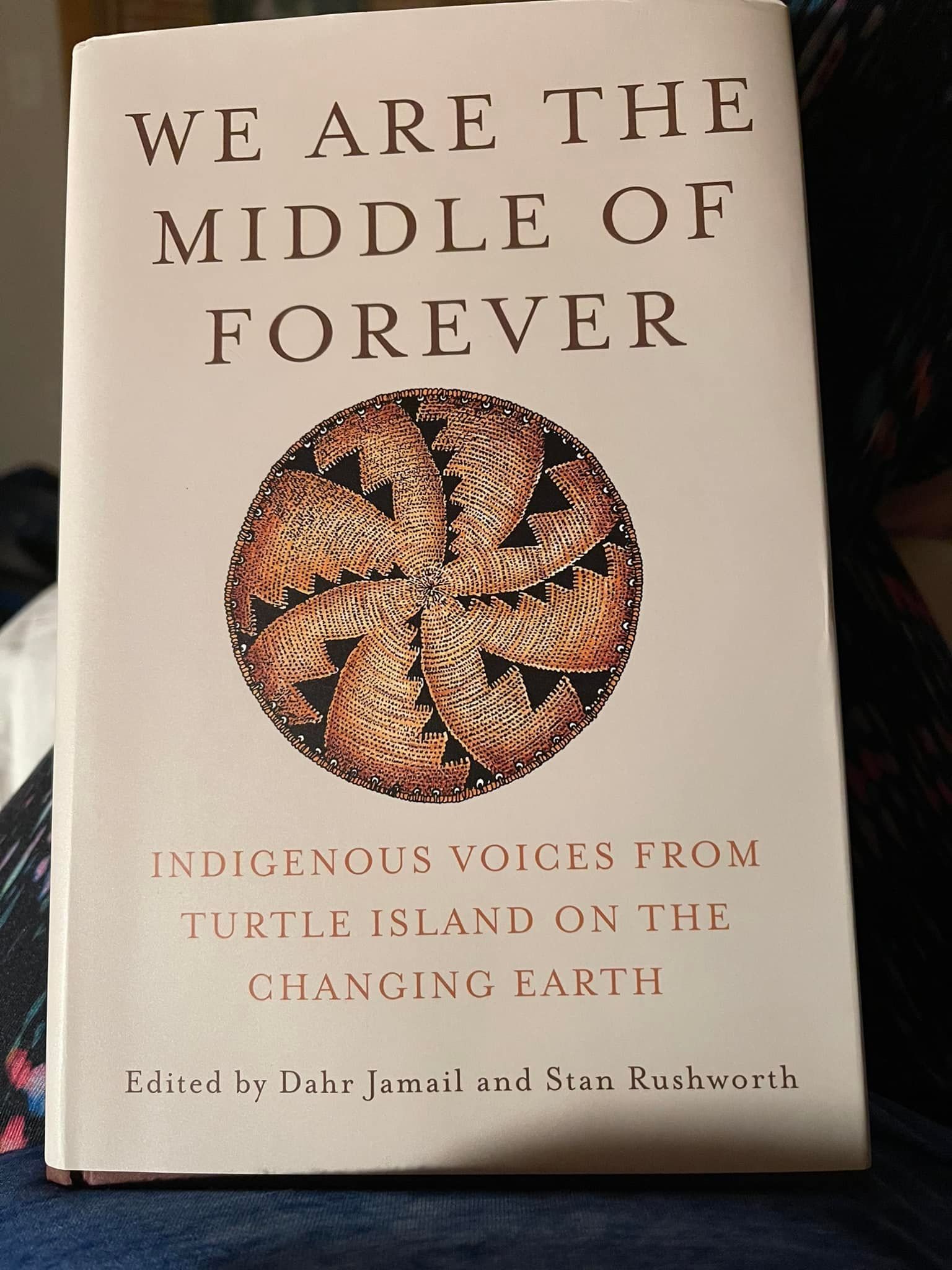
We Are the Middle of Forever: Indigenous Voices from Turtle Island on the Changing Earth
I've been reading this over the last few weeks, it's powerful and resonant.
via Barbara Ford:
Just received a copy of this book- We Are The Middle Of Forever- from co-editor and friend Dahr Jamail. Grateful for this beautiful work.
“An innovative work of research and reportage, We Are the Middle of Forever places Indigenous voices at the center of conversations about today’s environmental crisis. The book draws on interviews with people from different North American Indigenous cultures and communities, generations, and geographic regions, who share their knowledge and experience, their questions, their observations, and their dreams of maintaining the best relationship possible to all of life. A welcome antidote to the despair arising from the climate crisis, We Are the Middle of Forever brings to the forefront the perspectives of those who have long been attuned to climate change and will be an indispensable aid to those looking for new and different ideas and responses to the challenges we face.”
As concert tours heat the planet, artists try to cut carbon emissions
Washington Post | July 29, 2022
“In the past two years, Gardner has noticed a “significant spike” in interest in sustainability in the music industry. The pandemic-driven pause in live music beginning in 2020 gave musicians, venue owners and festival producers time to weave personal sustainability efforts into future tour plans.”
The Cornish farm that plans to last 1,000 years
BBC | July 25, 2022
"Their mission is to honour an ancient woodland, restore their land's ecosystems and share its restorative powers."
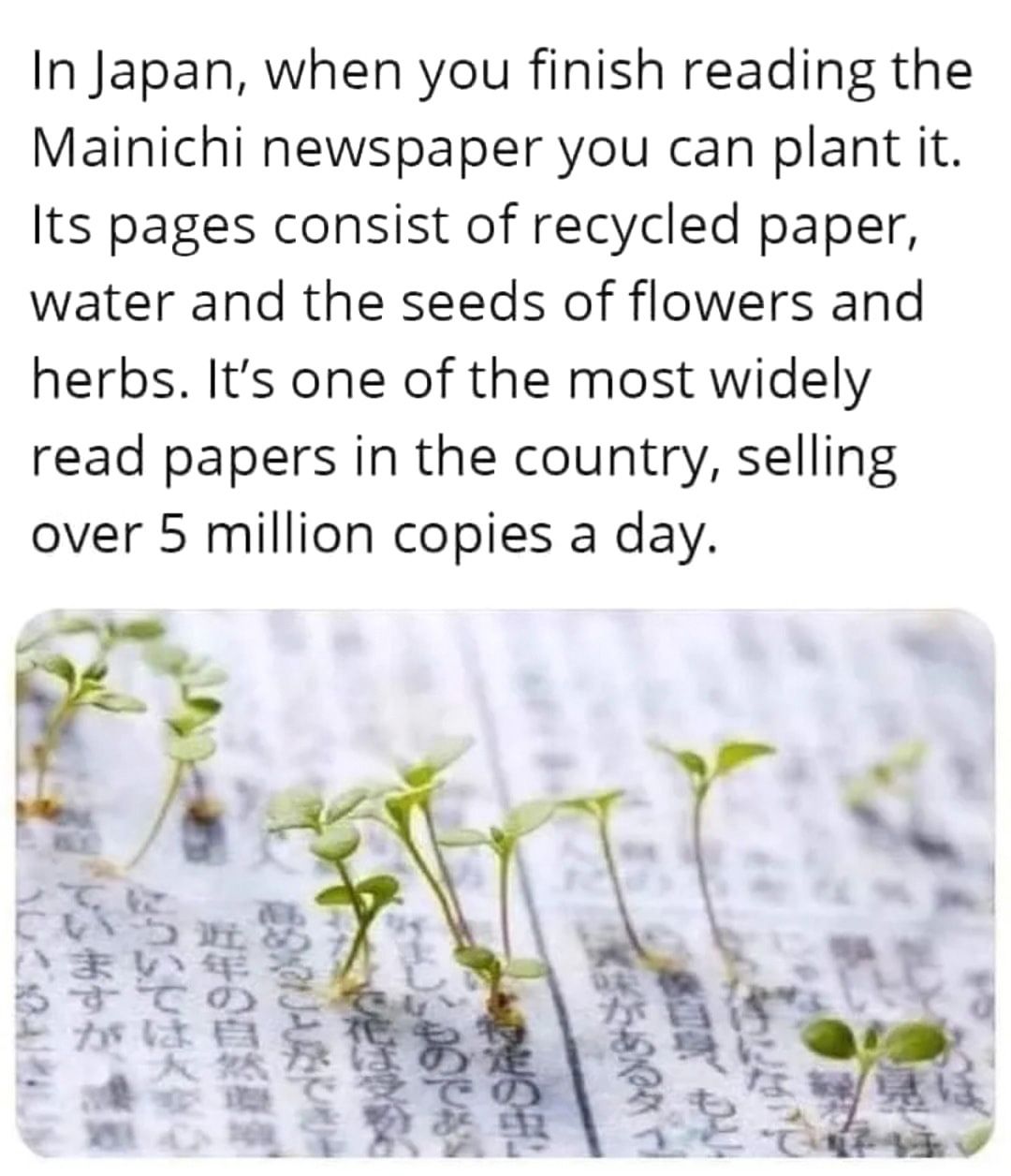
Sergio García Sánchez’s “Central Park Lark”
New Yorker | August 1, 2022
"I want my students to learn the craft they need to become working professionals, but I also want to excite them about the possibilities of adventurous storytelling. I’d like them to break the pre-established codes for reading, explore alternative ways to tell stories, and develop narratives and images that contain multiple stories and overflow the limits of the page."
"Sometimes some truths are too severe to live on the page, or in a song, or in a heart. Hence, metaphor can create a merciful sense of distance from the cruel idea, or the unspeakable truth, and allow it to exist within us as a kind of poetic radiance, as a work of art."
Nick Cave, Red Hand Files, Issue #202
The Healing Potential of Community Theater as Seen in Ukraine’s Lutsk
Wilson Center blog | July 28, 2022
"How should the theater change now? How should it talk about the war so as not to injure? What else [is there] to talk about with the viewer? We are exploring a new way of interacting with the public. Anyhow, one thing is obvious. We cannot simply resume the repertoire after a break and pretend that nothing happened."
via Ethiopian-American singer Munit Mesfin:
